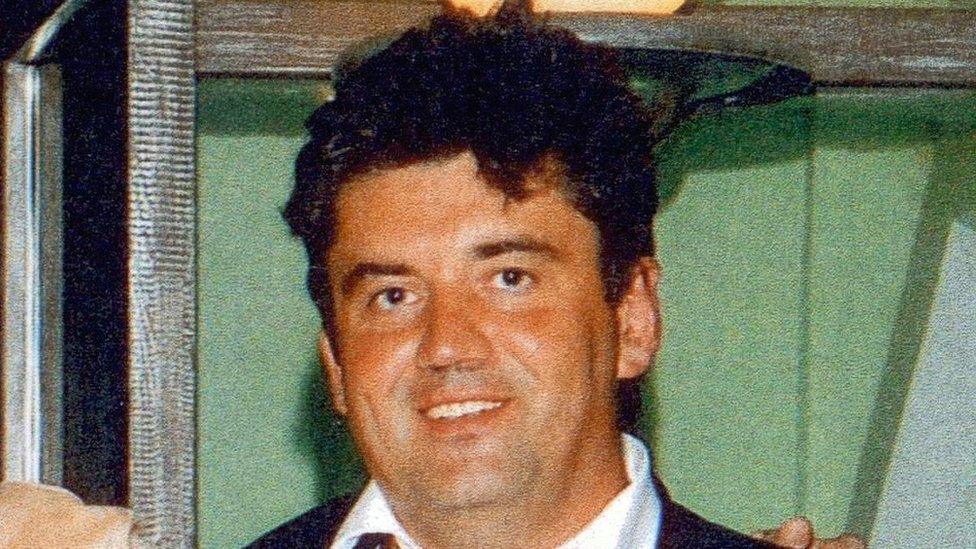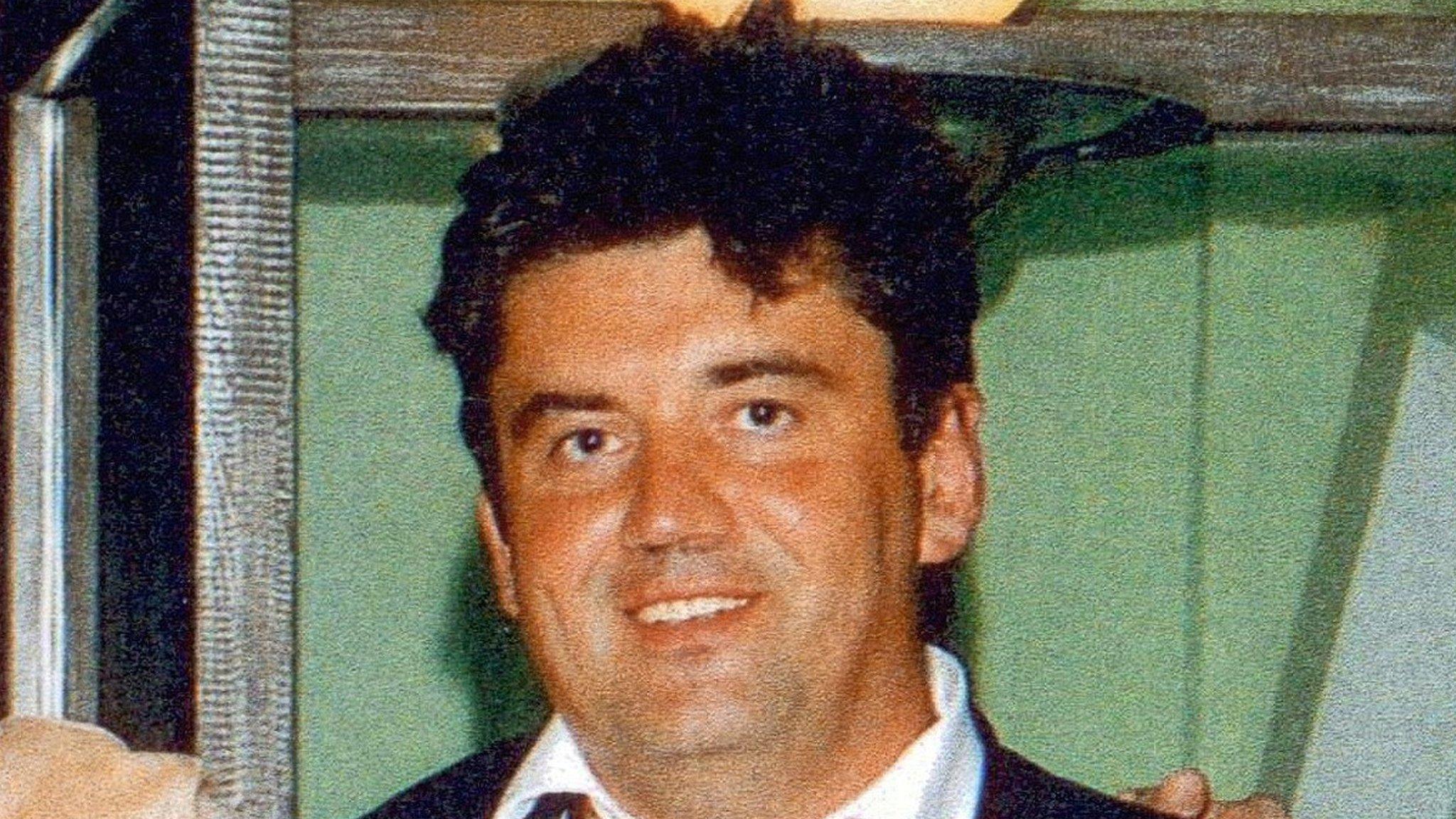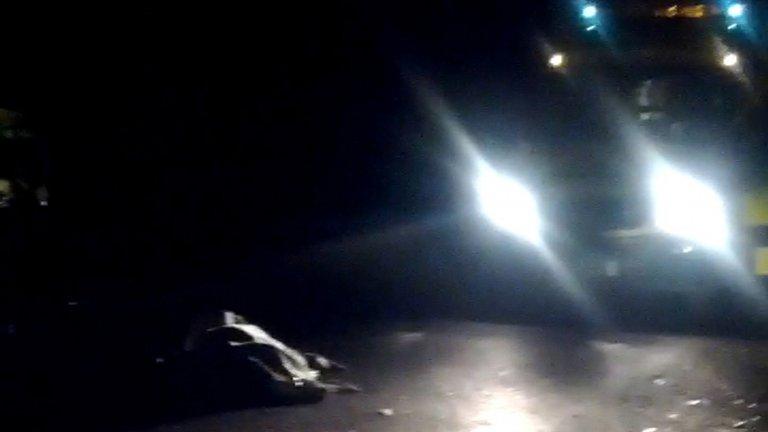Alexander Perepilichnyy death: Russian may have talked to UK spies
- Published

Alexander Perepilichnyy was a businessman who was helping an investigation into Russian tax fraud
A Russian whistleblower who died unexpectedly may have been in contact with the British security services before his death, a court has heard.
Alexander Perepilichnyy, 44, collapsed while running near his Surrey home in November 2012.
Traces of a chemical that can be found in a poisonous plant were later found in his stomach.
A pre-inquest hearing heard he moved to Britain from Moscow five years ago and had been warned his life was in danger.
Mr Perepilichnyy had been helping an investigation into a multimillion pound tax fraud involving Russian officials before his death.
The pre-inquest hearing at Woking Coroners' Court set his inquest for 29 February.
Mr Perepilichnyy's death was originally attributed to natural causes but traces of a chemical that can be found in the poisonous plant gelsemium elegans were discovered in his stomach.
Surrey Police has insisted there are no suspicious circumstances surrounding Mr Perepilichnyy's sudden death.
But the company which had led the fraud investigation, Hermitage Capital Management (HCM), has said he could have been deliberately killed for his role in helping it uncover the fraud.

Who was Alexander Perepilichnyy?
Alexander Perepilichnyy worked as a currency trader in Moscow before moving to the UK in 2009. Friends say he faced problems after losing a substantial amount of his own and other people's money in the financial crash of 2008.
He moved with his wife and two children to a luxury home in the high-security St George's Hill estate in Weybridge, Surrey. Several of his former business associates told the BBC he feared for his life, believing he was on a 'hit list'.
While in the UK he appears to have kept a low profile and was not well known among the Russian community living in the London area.
But those who did know him described an intelligent and calm man who looked healthy after going on a diet and taking much more exercise in the months before he died.
Grainy video footage from the night he collapsed shows his body lying in the road shortly after it was discovered by a neighbour.
Mr Peripilichnyy's widow, Nataliya, is still believed to be in the UK but she has not spoken publicly about her husband's death.

Geoffrey Robertson, a lawyer for HCM, said Mr Perepilichnyy had been in a vulnerable position because he was handing over highly sensitive documents to HCM, implicating a number of Moscow officials in money-laundering and fraud.
Mr Robertson said Mr Perepilichnyy may also have been talking to the British security services and had taken out life insurance worth £3.5m shortly before his death.
The hearing also heard that Surrey Police had 45 sensitive documents relating to Mr Perepilichnyy's death that it wanted to be kept secret under public interest immunity - something Mr Robertson described as a "cover-up".
Public interest immunity allows for sensitive documents not to be submitted as evidence when it is deemed to be against either the public interest or national security.
But Charlotte Ventham, representing Surrey Police, said: "I can not let it pass without comment that Surrey Police are guilty of some kind of cover-up of documents you require to conduct your inquest, or that Surrey Police are urging upon this court some sort of unlawful procedure with regard to public interest.
"Both of these serious allegations are very firmly rebutted and refuted."
Senior Surrey coroner Richard Travers said: "Let me make it plain, I do not see it like that."
- Published21 September 2015

- Published16 March 2013
